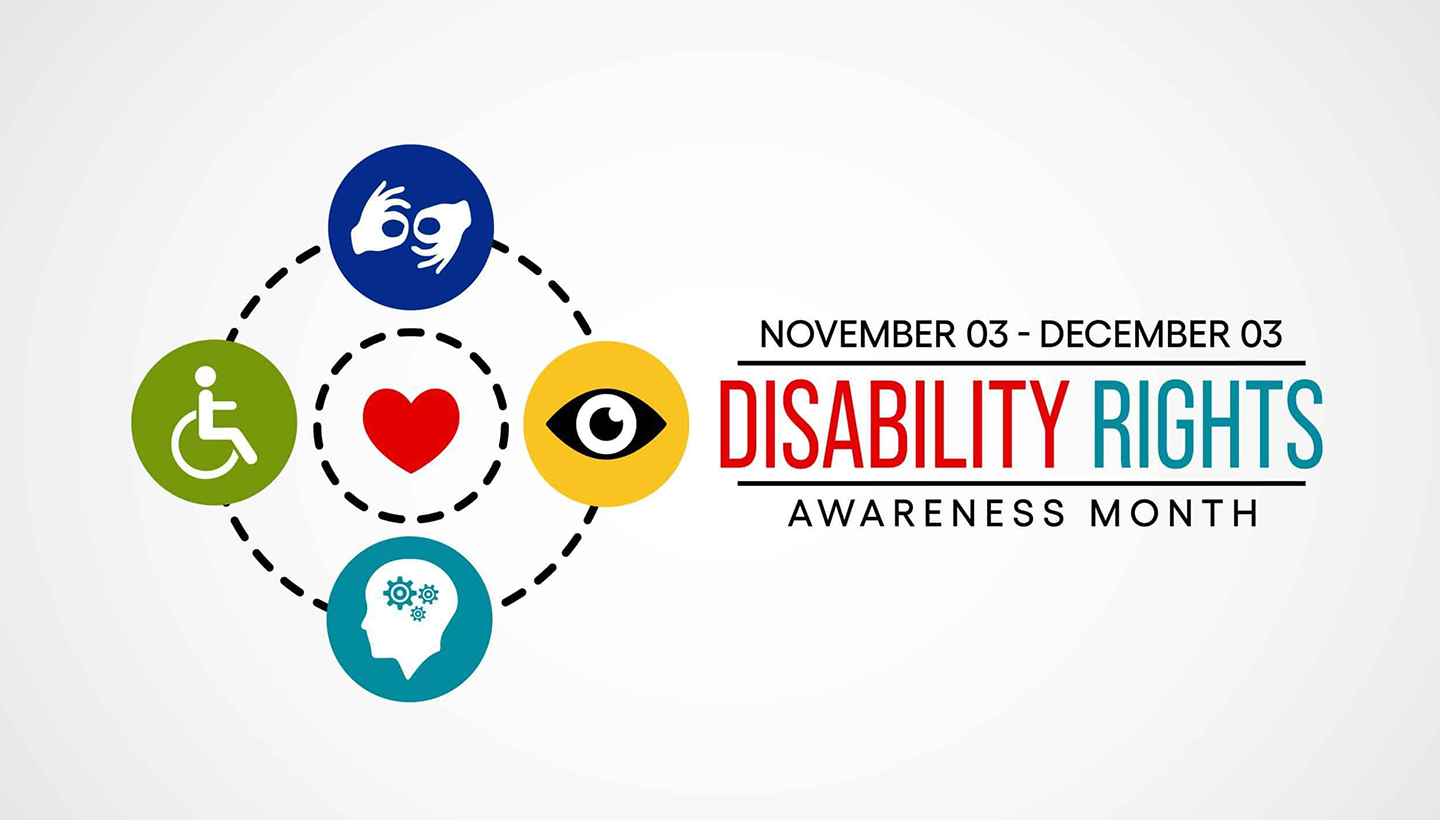News & Events
Disability awareness at Unisa: Disability is not inability

Disability is the consequence of an impairment that may be physical, cognitive, mental, sensory, emotional, developmental, or some combination of these. A disability may be present from birth or occur during a person's lifetime.
The existence of any of these impairments does not, however, mean a lack of talent, intelligence or worth. Every individual, regardless of physical or mental differences, has potential, creativity, and purpose. What we do at Unisa to emphasise the notion that disability is not inability is to address the access barriers for people with disabilities. We build inclusive institutional structures, policies and technologies to facilitate universal access.
South Africa celebrates National Disability Rights Awareness Month (DRAM) annually between 03 November and 03 December. The DRAM offers an opportunity for all of us to remove these barriers and to improve the quality of life of people with disabilities through concrete actions.
The month culminates in the International Day of Persons with Disabilities on 03 December, which is also observed as National Disability Rights Awareness Day. This awareness drive is meant to acknowledge that what limits persons with disabilities is the barriers society builds. These barriers include inaccessible buildings, discrimination in hiring practices, and stereotypical notions about the abilities of persons with disabilities. We are thus called, during this time, to reflect on what is working and what is not, and explore what we can do better to remove physical, social, and systemic barriers in our higher education teaching and learning environment and workplace.
The higher education sector has seen many persons with disabilities experiencing challenges and not feeling included, either through the structures that universities have or through the channels of communication. These challenges include equitable access in the classroom and workplace. These exclusions are also experienced in a lack of employment opportunities and/or access challenges and discrimination in the workplace.
It is therefore essential for the higher education sector to undertake the necessary work to share transformative knowledge on how to effectively improve institutional cultures, thereby facilitating better access for persons with disabilities. It is for these reasons that the Department of Leadership and Transformation at Unisa is leading a year-long disability campaign beginning in November 2025 to November 2026 to address various issues around sustainable access for persons with disabilities. The powerful idea that disability is not inability is an invitation for all of us to remember the importance of equality, respect, compassion and inclusivity for sustainable transformation.
* By Tholiwe Lamola, Employment Equity Officer, and Professor Grace Khunou, Executive Director: Department of Leadership and Transformation, Unisa
Publish date: 2025/11/03
